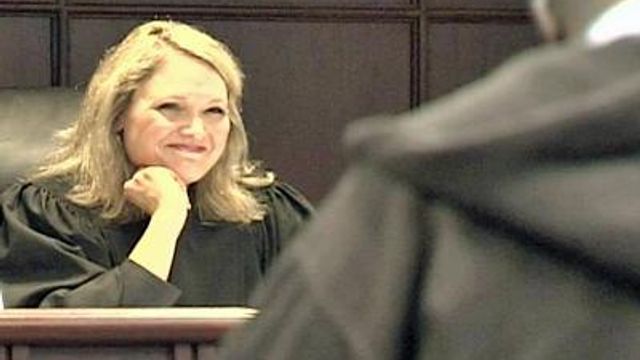Program that helps deadbeats could be implemented elsewhere
A Wake County program that is a unique pairing of drug treatment and child support could soon be implemented in courtrooms across the U.S.
Posted — UpdatedJudge Kristin Ruth presides over child support court and said many parents who don't pay are substance abusers.
"The problem solving court concept is to find remedies for non-custodian parents who are not able to financially support their children,” Ruth said.
With a grant from the Wake County Alcoholic Beverage Control Board, Ruth was able to offer substance abuse treatment to parents at no cost.
"When I went before Judge Ruth, she said, 'Do you need help?' I said, 'Yes I do,'” Rodney Jones said.
Ruth put Jones into Louis Murray's treatment class with money from the federal grant.
"It has helped me get focused. You learn how to live life like you are supposed to on a path and have goals in your life. We lose sight of that, I guess,” Jones said.
Ruth invited other judges from around the country to the court's last session Thursday. They saw the laughter, the tears of success, and could soon replicate the program elsewhere.
"They start paying taxes and they start paying pay back. Not only do you have to keep from sending them to jail, but they actually become taxpayers,” Judge Steve Philo, with the Eastern Band of Cherokee Indians, said of the program.
Most importantly, Ruth says, the parents get their lives back on track.
"It's all about the kids. I have mine now so I've come a long ways. I didn't have them before but I have them now because I am clean and sober,” Jones said.
Many of the men, already in the treatment program, say they will continue to attend meetings on their own.
Ruth says, despite of the loss of federal money, she will continue to help troubled parents find work instead of sentencing them to jail.
Ruth's program has helped 120 people over the two years she had the federal grant money. She says about 40 percent more child support payments were made as a result.
• Credits
Copyright 2024 by Capitol Broadcasting Company. All rights reserved. This material may not be published, broadcast, rewritten or redistributed.






